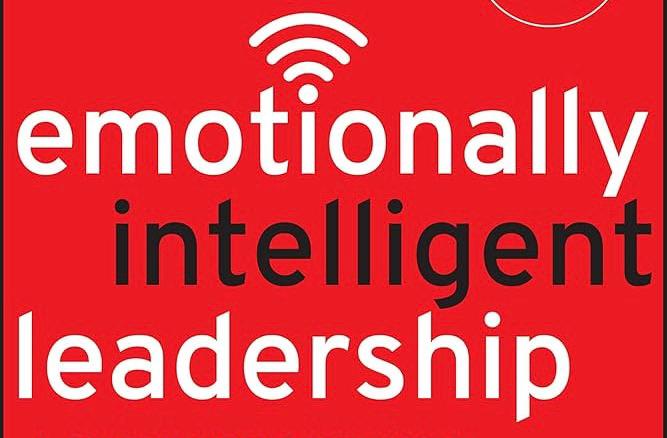 Image Source: Amazon.in
Image Source: Amazon.in
Key highlights
As organizations navigate rapid technological advances, hybrid work models, and evolving employee expectations, emotionally intelligent leadership is emerging as the foundation for driving trust, engagement, and sustainable success. Experts agree that cultivating emotional intelligence (EQ) is no longer optional—it's the definitive leadership skill for 2025 and beyond.
The Core Framework for Emotionally Intelligent Leadership
Self-Awareness
Leaders must first recognize and understand their own emotions and how they affect behaviors within the team. Self-awareness fosters authenticity, deliberate responses to complex situations, and continual personal growth. Practical steps include seeking feedback and reflecting regularly to identify emotional triggers and biases.
Self-Regulation & Stress Management
Effective leaders control impulsive behaviors, adapt to change, and manage stress constructively. This provides stability during uncertainty and sets a model for resilience. Techniques like mindfulness, journaling, or structured decompression routines can help maintain composure and focus, especially under pressure.
Empathy & Emotional Aperture
Empathetic leaders listen actively, validate diverse perspectives, and create a sense of belonging. The concept of emotional aperture refers to reading collective team sentiment—tuning in to underlying moods or tensions and fostering alignment. This builds loyalty, trust, and psychological safety.
Adaptive Communication
Great leaders flex their communication style to suit different audiences and situations, recognizing when to listen versus direct, and tapping into group emotional energy to drive problem-solving and collaboration.
Decision-Making with Emotional Context
Emotionally intelligent leaders balance logic with emotional insight, considering immediate outcomes alongside long-term impacts on people and culture. This ability to weigh facts with empathy is crucial for navigating complex, high-stakes choices that align with both business and human values.
Relationship Building & Social Skills
Building positive relationships, resolving conflicts, and inspiring others through influence—rather than authority—are essential competencies. Regularly fostering teamwork and collaboration leads to healthier, higher-performing organizations.
Organizational Impact
Research consistently shows that emotionally intelligent leadership leads to enhanced performance, stronger innovation, higher retention, and greater adaptability during change. As artificial intelligence automates hard skills, the human-centered leader leveraging EQ will remain indispensable for building engaged, future-ready teams.
Sources: The Metiss Group, Harvard Business Review (via Dealer Support)
Advertisement
Advertisement






